ORAL: A new era of accountability in Ghana
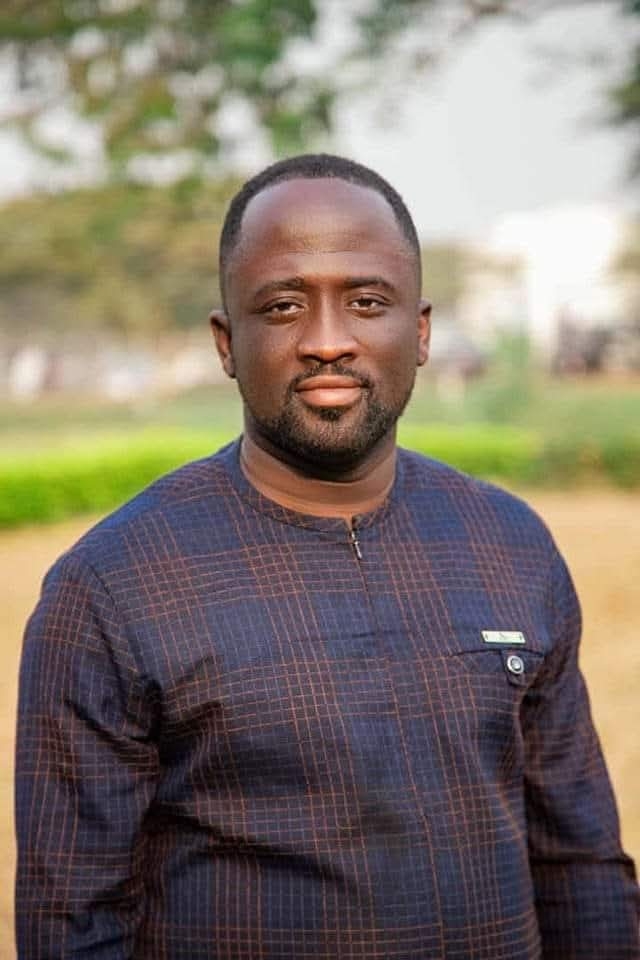 Julian Mawuse Cobbinah
Julian Mawuse Cobbinah
In a bid to restore public trust and enhance governance accountability, a leading political strategist within the National Democratic Congress (NDC), Julian Mawuse Cobbinah, has outlined an ambitious framework known as Operation Recover All Loot (ORAL).
The initiative, which emerged as a key campaign promise during the 2024 elections, aims to institutionalize efforts to retrieve misappropriated public resources and strengthen anti-corruption mechanisms in Ghana.
The proposal, first presented during the development of the NDC's 2024 youth manifesto, has gained national attention.
The architect of ORAL emphasized that the framework would not only distinguish the NDC from the New Patriotic Party (NPP) but also ensure that governance is driven by accountability and justice.
The unveiling of ORAL comes at a time when many young voters perceive Ghanaian politics as a conduit for the political elite to appropriate state resources.
He said focus group discussions conducted during the 2024 election cycle revealed widespread concerns that both the NDC and NPP had been complicit in this trend.
However, with the NDC now in government, proponents of ORAL see an opportunity to shift the national narrative.
Mr Cobbinah in a statement said: The initiative seeks to counter the NPP’s attempts, as highlighted by the recent comments of Dominic Nitiwul, to equate corruption and land grabbing with practices allegedly committed by both parties.
Such a strategy, according to ORAL's architects, risks disillusioning independent voters who backed the NDC for meaningful reforms.
Key Proposals Under ORALInstitutionalizing ORAL as an Independent Commission
ORAL should evolve into a statutory body with investigative powers feeding directly into prosecutorial agencies.
Its mandate would include investigating and recovering misappropriated assets while collaborating with institutions such as the Attorney General’s office and the Office of the Special Prosecutor.
Regulating the Sale of State Lands
Following the recommendations of Hon. Samuel Okudzeto Ablakwa, a new law should mandate parliamentary approval for the sale of government lands.
All state land transactions since 2000 should be disclosed to the public with transparent valuation processes.
Conducting a Forensic Audit of State Asset Sales Since 2001
A comprehensive audit should be conducted to identify irregular sales and recommend reversals.
Legal action should be taken against individuals found guilty of corrupt practices.
Holding Public Hearings on Corruption in Public Procurement
ORAL should organize national hearings to discuss systemic failures in public procurement and recommend structural reforms.
Strengthening Whistleblower Protection and Incentives
The Whistleblower Act must be enhanced to offer stronger legal protection and financial rewards for credible corruption reports.
Launching a Digital Transparency Portal for Government Contracts
A real-time online portal should be developed to provide public access to government procurement data, reducing the risk of inflated contracts and underhand dealings.
Establishing a Public Finance Oversight Council
Comprising civil society leaders, financial experts, and legal analysts, the council would conduct independent reviews of government spending and publish findings for public scrutiny.
Introducing a Citizen-Driven Anti-Corruption Monitoring Platform
A national mobile application should be launched to allow citizens to anonymously report corruption cases and provide independent value-for-money reports on government projects.
The ORAL initiative is seen as a defining moment for the NDC’s governance strategy.
Its proponents argue that if implemented effectively, it could cement the party’s credibility and ensure a clear distinction from the NPP.
Drawing inspiration from the words of the late former President Jerry John Rawlings, the strategists behind ORAL emphasize the importance of distinguishing the NDC as a party of principle.
Without decisive reforms, he warns, the party risks losing the trust of the electorate in future elections.
Ultimately, ORAL is envisioned as more than just an anti-corruption campaign—it aims to be a transformative force that reshapes Ghana’s governance landscape, ensuring transparency, accountability, and justice for the people, he concluded
Source: Classfmonline.com/Cecil Mensah
Trending News
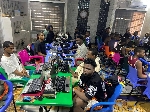
Cyber Security Authority, National Security arrests 32 Nigerians in Kasoa romance scam
11:54
CSOs commend gov't for revoking L.I. 2462, call for stronger forest protection measures
12:49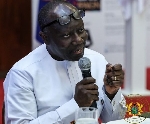
A-G files extradition request for Ken Ofori-Atta
12:02
Army officer arrested in alleged illegal gun sale in Kumasi
11:33
Cybercrime team arrests three for impersonating Speaker, IGP in online fraud scheme
12:16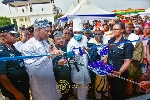
Interior Minister opens Upper West Regional police headquarters in Wa
11:26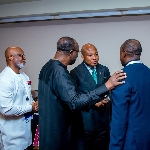
Alan Kyerematen calls for grit and courage as African unity talks begin in Accra
10:02
Akufo-Addo: Claims I asked Prez. Mahama to protect Ofori-Atta are false
11:39
Serwaa Amihere school bloggers on court reporting
12:54
C/R: Police urge Okada riders to observe traffic rules to curb road accidents
11:14



